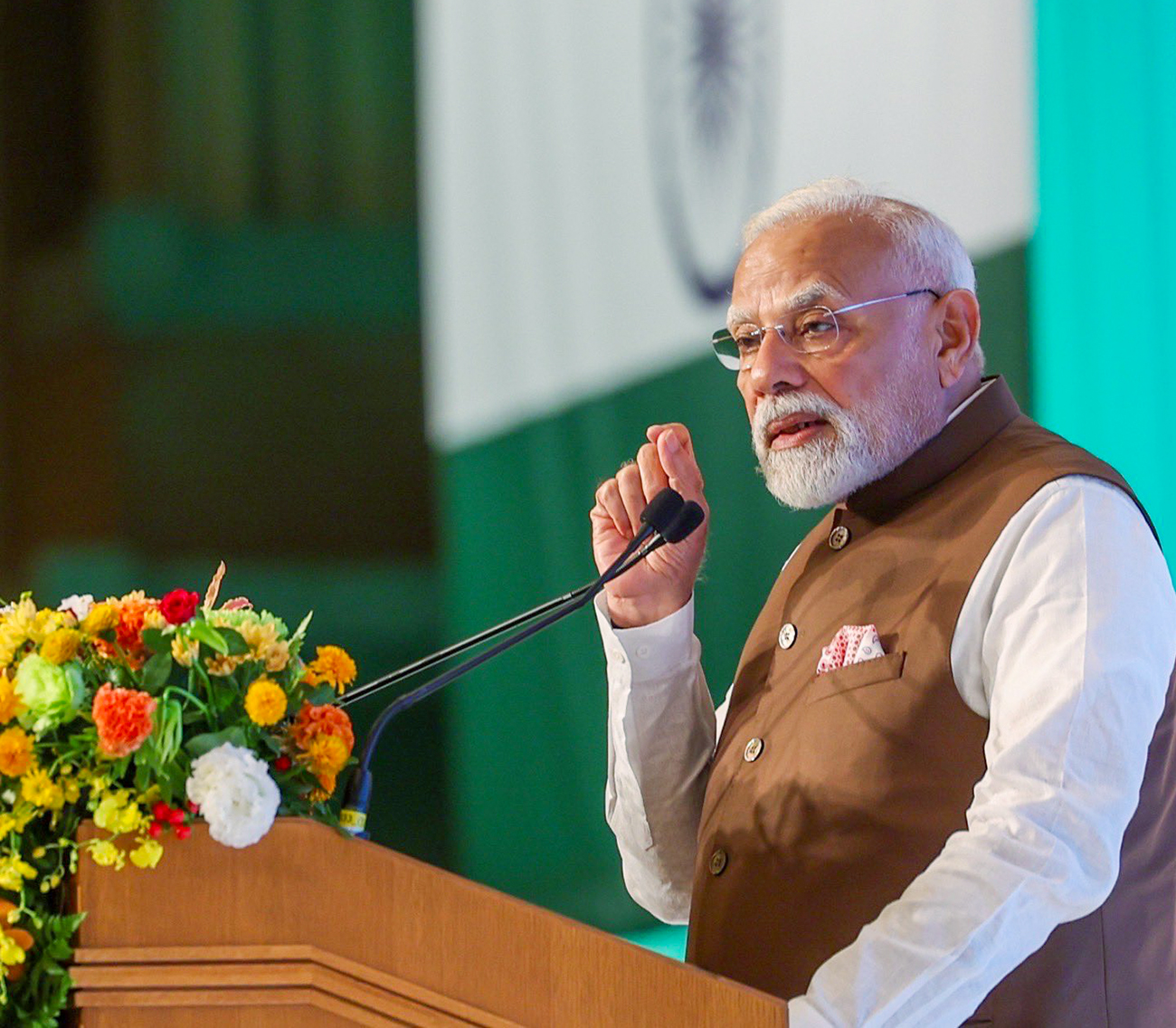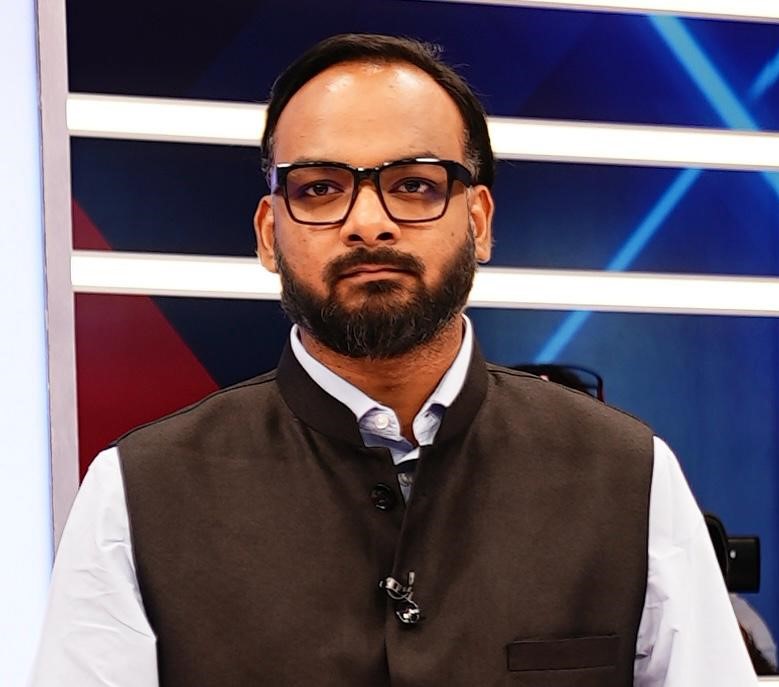A hundred years from now, when India’s political history is reminisced, Prime Minister Narendra Modi will be remembered as a phenomenon that captivated the imagination of more than a billion people. Beyond his stellar political leadership and diplomatic manoeuvrings, there is another dimension to the Prime Minister which warrants careful study through a philosophical prism.
When it comes to the number of lives he has touched, directly and indirectly, Narendra Modi, as the head of a state, outranks and outshines almost every single leader from the 20th century. Nearly nine hundred million people in India’s villages are now stakeholders in the ‘India Growth Story’ because of the reforms undertaken since 2014.
What many once considered a liability, a drag on the nation’s growth, is today our evolving strength. Our young republic saw many leaders making lofty promises, but the commitment was matched with delivery at scale only in the last eleven years.
However, there is more than welfare programmes, economic reforms, fiscal intelligence, and the perpetual geopolitical chess when it comes to the Prime Minister. After eleven years in power, well settled into this third consecutive term, there are certain guiding principles in the approach of the Prime Minister that one can easily detect. To put it metaphorically, like Newton’s three laws are the foundational principles of modern physics, there is a set of fundamentals that dictates the approach of the Prime Minister as well. This is where the philosophy kicks in.
Firstly, PM Modi operates on the law of scale. When it comes to policy implementation, tokenism is not what the Prime Minister approves of. In the past, many leaders were satisfied with shallow tokenism as the litmus test for a policy, restricting its impact to a small group of people. Headlines were more important to them than making a headway.
This is where PM Modi is a class apart. Every single welfare programme and policy reform undertaken in the last decade has been about scale, about encompassing many millions.
In one of his public addresses, former Vice-President Venkaiah Naidu had recalled a tale from the early days of the Prime Minister’s tenure. Upon asking how long it would take for everyone to have a bank account in India, PM Modi was told that it would take many years, possibly a decade, to ensure everyone was in the formal banking purview.
However, PM Modi, dismissing the pessimism and the conventional thinking, stressed that it must be done within months, and this was the step in the success of the Jan Dhan Yojana, a financial inclusion programme that covered more people than the population of the United States of America.
The second law that defines the Prime Minister is the law of exponentials. Every move is intended to have a second or third-order impact. One must recall the years of 2015 and 2016, when PM Modi stressed the digitisation of the economy. While most of his rivals and contemporaries in other parties had a bearish call on the possibility of India’s economy being digitised, PM Modi chose to remain stuck to his guns.
Between 2017 and 2019, he was instrumental in popularising UPI, India’s indigenous digital payment system, and today, it registers over 600 million payments every single day. More than the scale, it is the exponential growth of our digital economy that has opened up new avenues for the young, enabling professions that were unheard of a decade ago. With PM Modi, it’s straightforward. Strive earnestly for the first ten yards, and the next hundred shall be seamless.
The third law that governs PM Modi’s working style is agility and improvisation in policymaking. Unlike leaders of the past, the Prime Minister does not believe in plans etched for years ahead without any room for change. Against the conventional thought, he has introduced agility in policymaking. In 2020, when most economists were issuing sermons on the importance of helicopter cash handouts, PM Modi went for an agile capital infusion into the economy, exercising fiscal prudence which had long-term consequences.
His trust in the process sets him apart from other leaders. Short-term hiccups in the pursuit of long-term successes do not frighten him or his government. That is how the framework of the Goods and Services Tax (GST) has evolved, and cometh the next week, the economy will receive another demand thrust from the rationalisation announced earlier this month. Most leaders are driven by results when it comes to policymaking. PM Modi, however, is driven by the process. He plays the long game.
Finally, what also sets the Prime Minister apart from his predecessors is his willingness to trust the people. How many heads of state, in their first term, while combating an inherited banking crisis, will introduce a collateral-free credit programme for young entrepreneurs?
Not many leaders would start their tenure by asking people to give up their subsidies for the larger good. However, that is how PM Modi has always operated. From enabling self-help groups for women in villages to getting small and marginal farmers together for FPOs, PM Modi rests his faith in the abilities of the citizens, trusting them to do the right thing.
At 75, PM Modi is far from done. Some would agree that he is just getting started when it comes to building India, not for the next five years, but for the next fifty. India’s electorate can’t have enough of Prime Minister Narendra Modi, and if the last one year is any indicator, there is a lot to look forward in the years to come.
Happy Birthday, Prime Minister.















